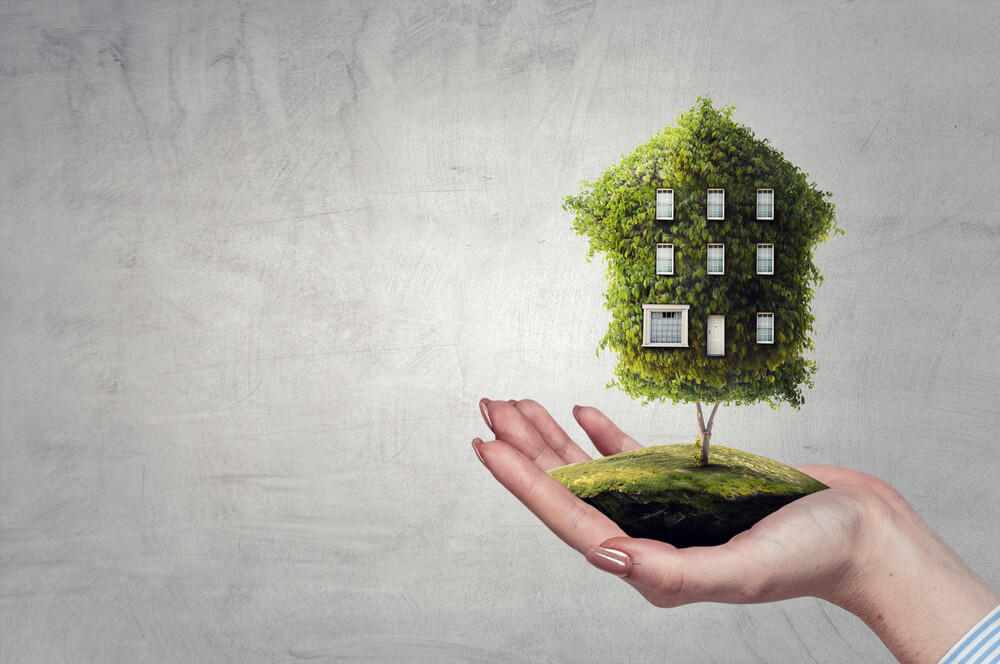The UK is a nation that’s cottoned on to the need to be environmentally friendly. ONS figures from 2021 showed that 81% of adults have made some or a lot of lifestyle changes to reduce their impact on climate change, with 43% very or somewhat anxious about the fate of the climate.
Knowing which lifestyle changes to choose can be difficult though. 2020 research from Money found that choosing organic vegetables, outdoor-reared meat, and holidaying like-for-like in the UK rather than abroad can be much more expensive. But there are several ways you can help the environment and reduce your carbon footprint without breaking the bank.
Décor
2022 research from Hammonds found that £2.2 billion worth of homeware items are sent to landfill each year as 25% of those surveyed said following homeware trends was important to them. This throwaway, fast décor approach is bad for both the environment and your bank account.
To reduce your impact, it’s important that you take a sustainable approach to your home décor. Having decorations that look at home throughout the seasons is a great way to make sure you’re home doesn’t create excess waste. Upcycling old items with a lick of paint, quick sew-together, or repurposing them costs very little. And buying items from eco-friendly stores in your local area reduces the fuel costs to transport goods while helping your local economy.
Furniture
If you want to make your home’s furniture better for the environment, it’s important to ditch cheap and replaceable items with long-lasting pieces that you don’t need to replace. Choose long lasting, customisable furniture such as over-bed wardrobes, heavy-duty woods like oak over cheap and flimsy laminated chipboard, and if your flat pack pieces break, look for online guides on how to repair them instead of hopping in the car to pick up a replacement.
Heating
With heating bills rising significantly and the world needing to wean itself off fossil fuels, it’s important we opt for sustainable heating methods such as solar and wind when obtaining energy for your home. To do this, choose a green energy supplier or invest in panels and wind turbines to generate your own power.
To reduce your carbon footprint further, it’s also important to have the correct insulation – this will help reduce your consumption of energy when heating your home.
Reuse throwaway items
Whether it’s old clothes being used as cleaning rags, bottles being repurposed as vases or food waste being turned into compost, reusing your homeware can help extend their lifespan, reduce the number of new products that need to be made, and ensure less trash is sent to landfill. To do this, be creative and consider what items could be used for before you open your trashcan.










